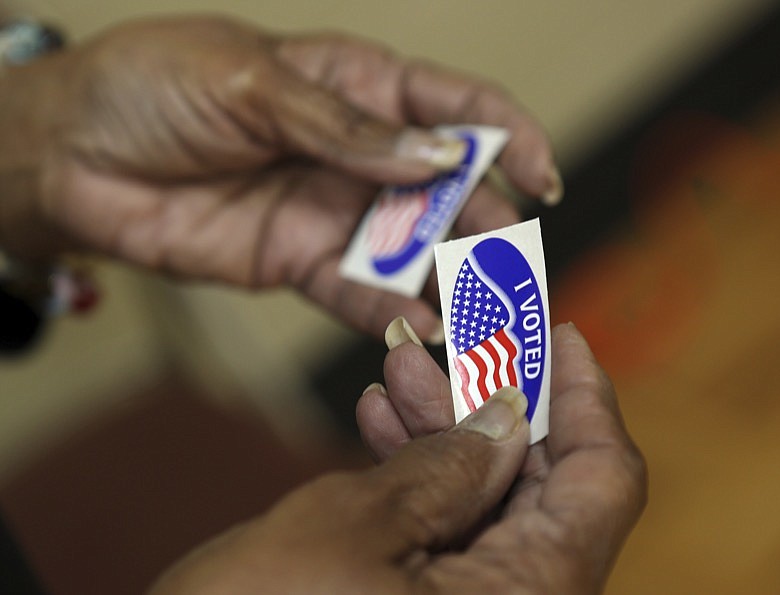MADISON, Wis. (AP) -- A federal judge on Thursday declined to postpone Wisconsin's presidential primary as the coronavirus spreads, but he ordered that people be given an extra six days beyond Tuesday's election for absentee voting.
U.S. District Judge William Conley's order essentially extends the election by nearly a week. He blasted state leaders' decision not to delay the election to protect people's health but refused to postpone himself, saying a federal judge shouldn't act as the state's health officer.
"The only role of a federal district court is to take steps that help avoid the impingement on citizens' rights to exercise their voting franchise as protected by the United States Constitution and federal statutes," Conley wrote. "That is what the court attempts to do . . . understanding that a consequence of these measures may be to further the public health crisis in this State. Unfortunately, that is beyond the power of this court to control."
The deadline for voters to get absentee ballots to local clerks had been 8 p.m. on Tuesday, but Conley's order shifted that to 4 p.m. on April 13. Conley also extended the deadline for voters to request ballots by a day to 5 p.m. this Friday.
The judge also lifted a witness requirement for absentee ballot applications, writing that voters can provide a written affirmation that they could not safely obtain a witness signature due to coronavirus fears.
The ruling marks a partial victory for Democrats and liberal groups who argued that thousands of voters might be disenfranchised because time is running out to file absentee ballots. The party and the groups had filed three lawsuits demanding that Conley postpone in-person voting, extend the deadlines for filing absentee ballots and lift requirements that absentee voters supply photo IDs with their ballot applications and get a witness to sign the ballot before returning it.
"Every voter must count, even during crises, and this ruling gives voters critical time to vote safely by mail," state Democratic Party Chairman Ben Wikler said.
Several states have postponed elections or shifted to all mail in the face of the pandemic. But Wisconsin's Democratic Gov. Tony Evers and Republican leaders have been committed to Wisconsin's date. They argued there's no guarantee conditions will improve in a couple of months and postponing the election risks leaving many local offices unfilled for an extended period.
Evers' position on the election has shifted over the last few weeks. During the early days of the outbreak he said he thought the election should go on, a stance that drew considerable criticism from Democratic allies. As it became clear that Evers lacks authority to change election law he asked the Republican-controlled Legislature to mail absentee ballots to all registered voters, a request the GOP rejected. On Wednesday he said for the first time that if he could move the election he would.
The decision to press forward has drawn widespread criticism. Poll workers have been quitting in droves. The Wisconsin Election Commission reported Tuesday that more than 100 municipalities lack enough staff to run even one polling site, and requests for absentee ballots have been setting new records daily. As of Thursday, local clerks had issued 1.1 million ballots and are bracing for an avalanche of returns that they say could take days to count.
